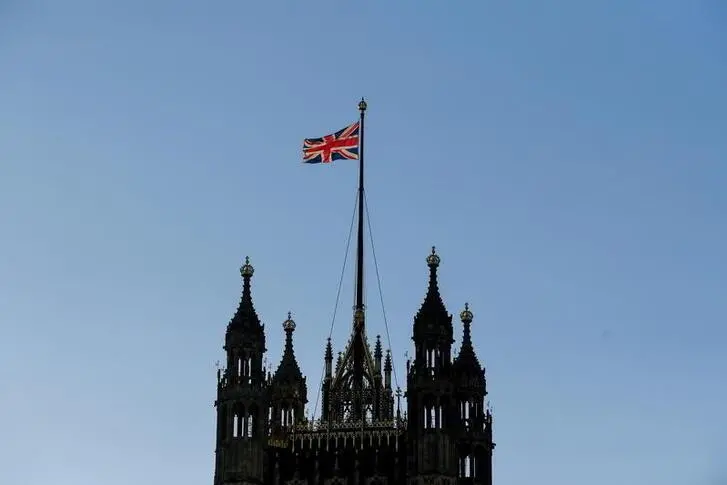PHOTO
Britain should only hold people in immigration detention for a maximum of 28 days, a public inquiry concluded on Tuesday, after it found detainees held at one centre had been subjected to inhumane treatment.
About 20,000 people are currently detained in one of seven immigration removal centres, either before they are deported or while they await permission to enter Britain.
There is currently no time limit on how long someone can be detained, though it will usually be unlawful to keep someone in detention if they cannot be removed in a reasonable time.
However, some detainees at Brook House immigration removal centre, near Gatwick Airport in southeast England, were held there for up to two years, the inquiry heard.
Tuesday's report comes as Britain's ruling Conservatives and the opposition Labour party spar over the issue of immigration, which is set to be a major battleground in a national election expected next year.
Inquiry chair Kate Eves said Britain should introduce a 28-day time limit on detaining people in immigration removal centres to improve "treatment and wellbeing".
The inquiry was prompted by a BBC documentary which revealed that staff employed by outsourcer G4S, which ran Brook House, repeatedly physically and verbally abused detainees.
Eves found 19 incidents between April and August 2017, which she said amounted to a breach of detainees' right to freedom from inhuman or degrading treatment.
She found that force was used against detainees too often and that "dangerous techniques" of restraining individuals were used by staff.
G4S had apologised for the abuse suffered by some detainees, but said neither it nor Britain's Home Office (interior ministry) were aware as the abuse was not reported by staff.
The Home Office's lawyers said in written arguments that the scandal had revealed "organisational failings" on its part, though it emphasised Brook House, now run by Serco, was an outlier.
Prime Minister Rishi Sunak has made "stopping the boats" a priority, with many asylum seekers arriving in Britain from Europe across the Channel.
But his government's flagship policy of sending asylum seekers to Rwanda has failed to get off the ground, with a legal challenge being heard by the Supreme Court next month. (Reporting by Sam Tobin; Editing by Bernadette Baum Editing by Bernadette Baum)





















